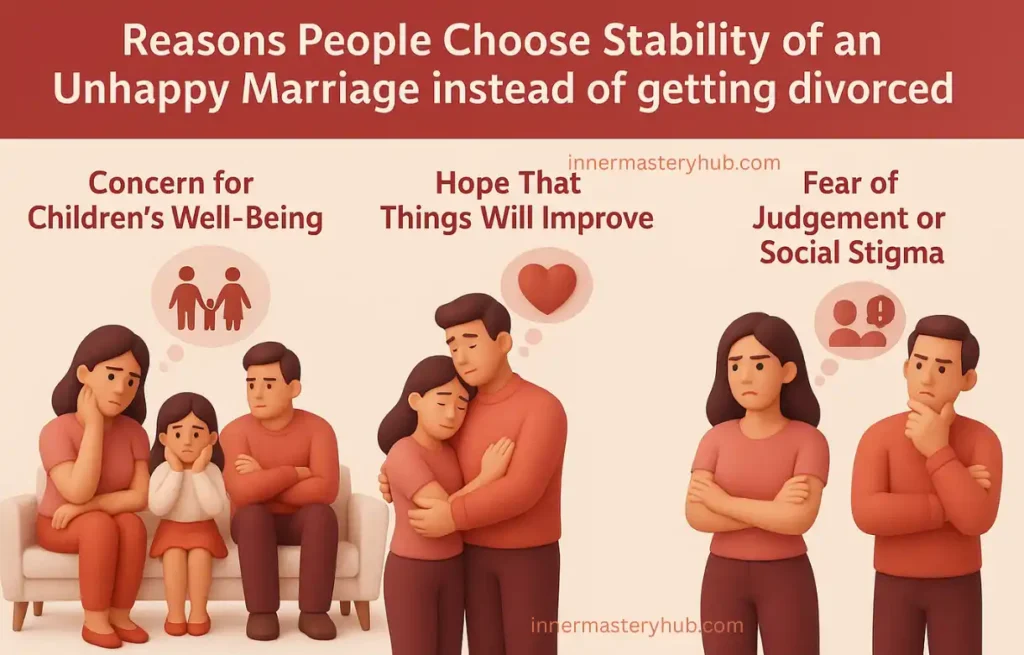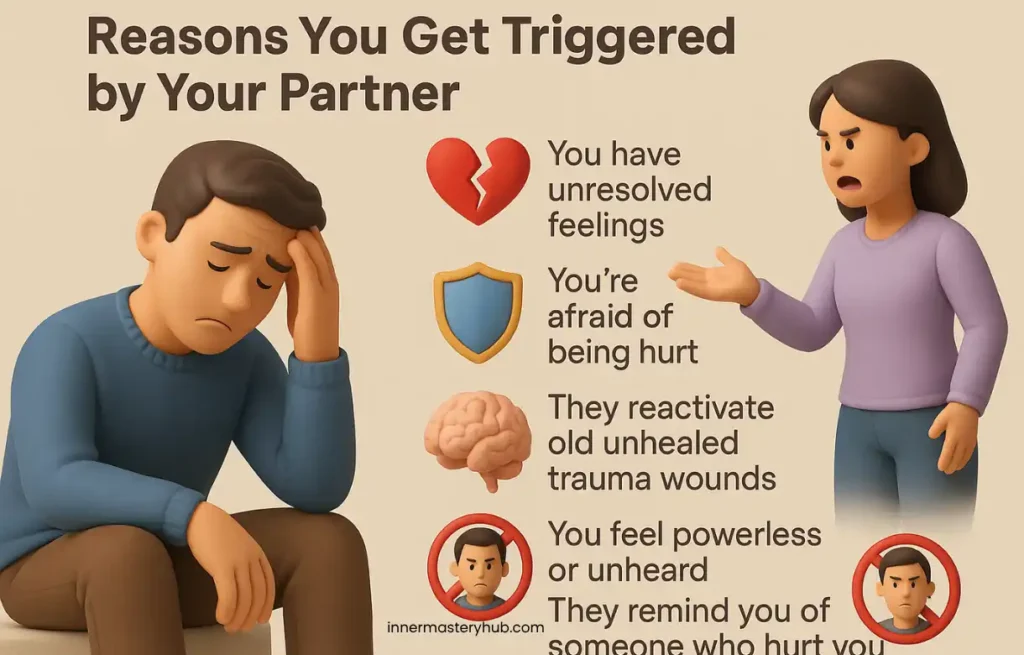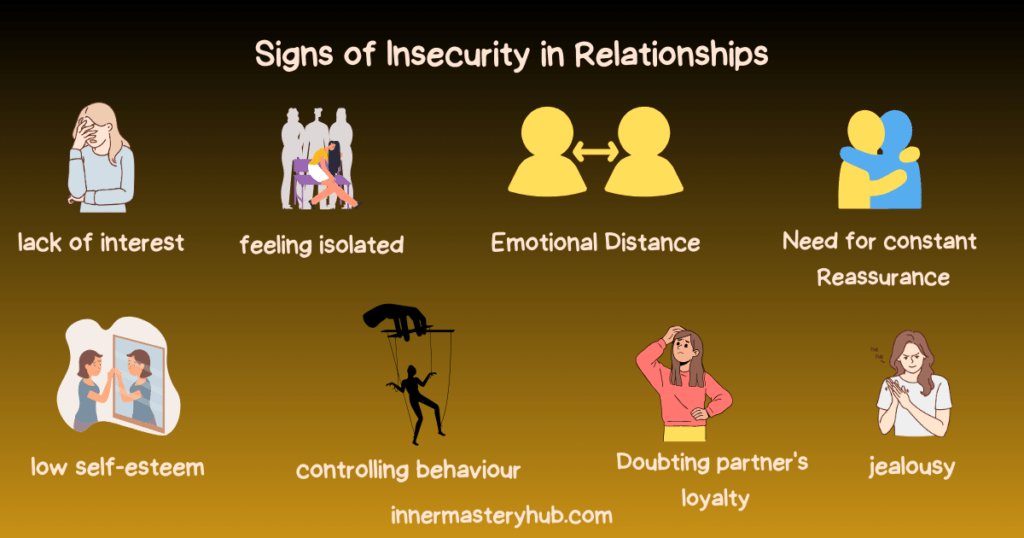Cognitive Dissonance In Relationships: 12 Signs by Experts to Spot it

You place the highest value on honesty in your interactions. Nevertheless, you are constantly justifying your partner’s covert behavior. This internal struggle is among the best illustrations of cognitive dissonance in relationships.
Cognitive dissonance is the psychological term for the mental pain caused by having two opposing beliefs and behaviors. It can seriously damage our relationships, and sometimes, it happens to all of us. Understanding how it works and overcoming its obstacles is essential to creating deeper, more fulfilling friendships.
Cognitive Dissonance Theory
One could apply the term “cognitive dissonance” in social psychology. It was Leon Festinger who coined the phrase to describe the unease that arises from a person’s conflicting beliefs and actions.
When faced with this contradiction, people try to change their thoughts and behaviors to minimize the dissonance and regain psychological equilibrium. Festinger, 1962.
People typically adjust their behavior, adopt new cognitive components, or modify their ideas to mitigate cognitive dissonance in relationships (Festinger, 1962).
Examples of Cognitive Dissonance In Relationships
Let’s take Sarah and David’s romantic Relationship. Sarah places a strong emphasis on managing her finances. She spends less than she should and saves money for the future. On the other hand, David loves making impulsive purchases and places a higher value on the present.
Here’s how she might experience cognitive dissonance in a relationship:
Dissonance. Sarah witnesses David making a significant, unplanned purchase. This clashes with her belief in financial responsibility, causing mental discomfort.
Justification. To reduce her cognitive dissonance and rationalize David’s act, Sarah could justify it by telling herself, “He deserves a treat after a long week.”
“It’s just a one-time thing.”
“Maybe I’m being too uptight about money.”
Consequences. These defenses may be effective in the short term, but future spending binges may bring up the dissonance again. This may result in:
Fights, arguments, resentments, and later on, conflicting beliefs could harm their Relationship in the long run.
Cognitive Dissonance in Relationships
If your partner is abusive, you may justify the abuser’s behavior by convincing yourself that they are not indicative of their actual behavior.
For example, you may dismiss their hitting you during a fight, telling yourself they were just stressed and didn’t mean to. You may place the blame on yourself for their selfish behavior, believing that you in some way incited them for the Relationship to work, which are some signs of cognitive dissonance in relationships.
Cognitive dissonance occurs as a result of this internal conflict between the reality of abuse and your feelings of love. It’s a coping mechanism for dealing with the harsh reality of your partner’s behavior, which contrasts with your romantic perception of them.
To keep the Relationship going, victims start to minimize the abuse and justify the abuser’s actions. Because they could see the violent outbursts as isolated incidents that don’t represent their abuser’s personality, people in abusive relationships find it challenging to decide whether to leave or stay.

12 Ways to Spot Cognitive Dissonance in Relationships
Cognitive dissonance in relationships occurs when a person holds conflicting beliefs, attitudes, or behaviors, leading to psychological discomfort. In relationships, this manifests as tension between how partners perceive their bond (e.g., “We’re soulmates”) and reality (e.g., repeated betrayals). Spotting it early can help address underlying issues. Below are 12 common signs, drawn from psychological patterns observed in relational cognitive dissonance dynamics.
Defensive Justifications. To maintain their self-perception as a “good partner,” they justify detrimental behaviors (e.g., “I cheated because you weren’t attentive enough”) and avoid the awkwardness of taking responsibility.
Rejecting the evidence. Denying obvious evidence of issues, such as ignoring texts from a former partner while maintaining the facade that “it’s nothing,” to preserve the appearance of faithfulness.
Outbursts of emotion. When faced with differences, the brain attempts to minimize dissonance by externalizing blame, which might result in sudden rage or tears.
Making the past seem ideal. Creating a mental disconnect between memory and reality by continuously romanticizing “how things used to be” while downplaying present shortcomings.
Avoidance Behaviors. Avoiding in-depth discussions or shared activities that could draw attention to incompatibilities, such as skipping date evenings to reduce concerns about closeness.
Inconsistent Actions vs. Words include saying “I love you” while behaving aloof, as well as attempting to make apologies within oneself by using justifications like “I’m just stressed.”
Overcompensation is when someone shows you presents or attention after a fight, not because they truly regret it, but rather to make them feel better and change the way they see themselves.
Projecting Fault. To shift dissonance onto you, someone may project blame by accusing you of the same actions they are committing (e.g., “You’re the jealous one!”).
Cognitive Shortcuts. Using oversimplifications like “All couples fight” to minimize the severity of ongoing issues that contradict their “happy relationship” narrative.
Mood Swings Tied to Triggers. Becoming irritable or withdrawn when reminded of relational failures, as these poke at unresolved internal conflicts.
Seeking External Validation. Constantly fishing for compliments from friends or online to affirm the Relationship’s strength, countering private doubts.
Reluctance to Change. Resisting therapy or compromises despite agreeing in theory, because actual change would force them to confront and resolve the dissonance head-on.
If you notice these patterns of Cognitive Dissonance in your Relationship, open and gentle communication or professional counseling can help you sort them out. Relationships thrive on alignment, not forced harmony.
How to deal with Cognitive Dissonance in Relationships
Although it can affect your day-to-day existence, relational cognitive dissonance does not have to end your relationships. There are things you can do to make your relationships more balanced. Positive change begins with recognizing the dissonance that occurs when our beliefs and actions deviate from one another.
One can make better logical choices by removing oneself from the emotional attachment and looking at the issue from an outside angle. Keep in mind that the situations that cause cognitive dissonance the most frequently cause you to question your worth. You can avoid the temptation to defend your image and maintain impartiality by approaching the decision as though it were for a loved one.
Final Words
Automatic cognition makes daily tasks like driving home and brushing your hair manageable. However, forgetting, like losing keys, has downsides and requires attentiveness.
That’s where mindfulness comes in. It requires acknowledging discord, pausing to reflect, and making informed, long-term decisions. Mindfulness helps you easily handle dissonance, aligning you with your genuine self and long-term goals and fulfilling healthy relationships.
FAQS about Cognitive Dissonance in Relationships
What is cognitive consistency?
The psychological condition of cognitive consistency occurs when an individual’s beliefs, attitudes, and behaviors match. It encourages people to align their thoughts, feelings, and actions to eliminate mental dissonance.
Cognitive dissonance occurs when these factors conflict, forcing people to adjust their beliefs or behaviors to resolve the discrepancy. Cognitive consistency shapes decision-making, social interactions, and mental health.
What is cognitive dissonance in relationships?
Cognitive dissonance happens when your beliefs clash with your actions or emotions in a relationship. For example, loving someone but ignoring their hurtful behavior creates inner tension, stress, and confusion as you try to justify the mismatch.
What are the signs of cognitive dissonance in relationships?
Signs include feeling anxious after justifying a partner’s bad behavior, making constant excuses for them, ignoring red flags, inner conflict about staying or leaving, and doubting your own judgment. These create emotional drain and inconsistency.
What causes cognitive dissonance in relationships?
It arises from clashing beliefs and realities, like valuing trust but staying with a dishonest partner, or past investments (time, love) conflicting with current pain. New information contradicting old views, such as betrayal, triggers discomfort.
How does cognitive dissonance affect romantic relationships?
It fosters distrust, hinders communication, and exacerbates conflict by inducing emotional paralysis and oversimplifying issues. Partners feel disconnected, leading to lower satisfaction and strained intimacy as unresolved tension builds over time.
Why does cognitive dissonance keep you stuck in a bad relationship?
It makes you rationalize harm to avoid admitting failure, like downplaying abuse to protect your self-image or sunk costs. This avoidance delays tough decisions, trapping you in cycles of justification and emotional exhaustion.
How can you overcome cognitive dissonance in a relationship?
Acknowledge your feelings, reflect on core values, journal patterns, and communicate openly with “I” statements. Challenge black-and-white thinking and allow discomfort to make honest choices for alignment or separation.
Can relationships survive cognitive dissonance?
Yes, if both partners communicate openly, realign values, and address root issues through effort and support. But ignoring it leads to resentment; sometimes, ending the Relationship brings peace by resolving the inner conflict.
What are examples of cognitive dissonance in relationships?
Loving a partner who cheats but staying to avoid loneliness; promising boundaries but giving in to keep peace; or idealizing an ex’s flaws post-breakup to ease guilt. These create a mental tug-of-war between heart and reality.
How to deal with cognitive dissonance after a breakup?
Sit with the pain without rushing to reframe it positively. Question inherited beliefs, identify hidden fears of loss, and talk to a therapist. This rebuilds trust in your instincts for healthier future bonds.
Is ignoring red flags a sign of cognitive dissonance in relationships?
Yes, it’s a clear sign, convincing yourself that harmful patterns are “normal” to match your belief in the Relationship’s worth. This self-gaslighting increases stress and blocks real change until you confront the issue head-on.






